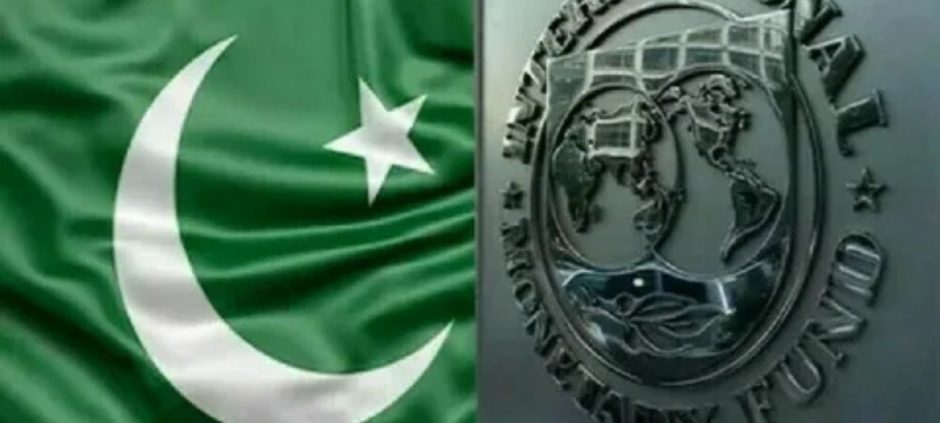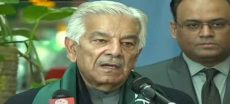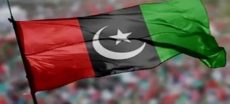Pakistan and the International Monetary Fund (IMF) have finalized a staff-level agreement for the release of a $1.2 billion tranche under the Extended Fund Facility (EFF). The deal marks an important step toward restoring investor confidence and addressing Pakistan’s financial vulnerabilities.
The IMF-Pakistan agreement follows weeks of technical discussions and policy reviews aimed at ensuring fiscal discipline, stabilizing the currency, and strengthening external reserves. Officials confirmed that the agreement will soon be presented to the IMF Executive Board for formal approval, after which the funds will be released.
According to sources, the new tranche under the EFF will help Pakistan manage its balance of payments and support ongoing reforms in key sectors, including energy, taxation, and governance. The IMF noted that this step is part of a broader strategy aimed at stabilizing the economy, curbing inflation, and promoting sustainable growth.
The IMF and Pakistan also reaffirmed their shared commitment to continuing structural reforms and maintaining transparency in fiscal management. In their renewed understanding, both parties emphasized the importance of consistent policy actions to strengthen Pakistan’s economic outlook.
Economists describe this agreement as a short-term boost that could ease pressure on Pakistan’s external reserves. However, they caution that long-term recovery depends on the country’s ability to sustain reforms and manage its debt responsibly. Inflation, declining exports, and reliance on imports remain pressing challenges that necessitate consistent policy implementation.
The Pakistan-IMF agreement also underlines the government’s focus on social protection programs, ensuring that fiscal adjustments do not disproportionately affect low-income groups. Officials believe that the new tranche will provide breathing space for economic reforms, but achieving lasting stability will demand continuous efforts from policymakers.
With this $1.2 billion tranche, Pakistan takes another step toward fiscal balance, but the real test lies in implementing reforms that can turn temporary relief into durable economic progress.











